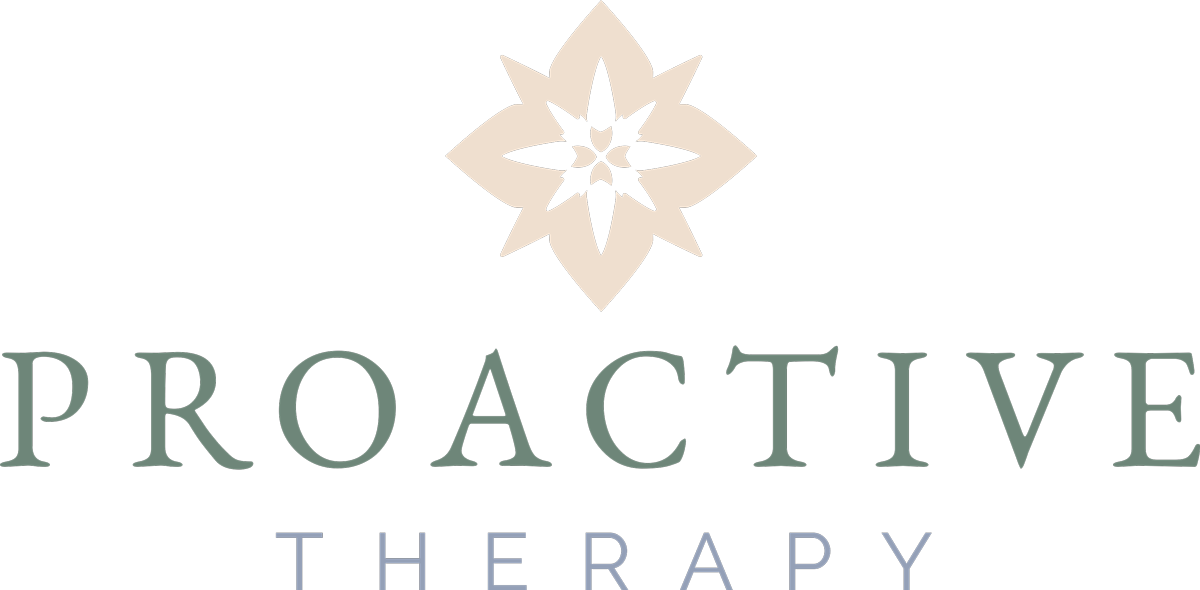What Should I Get for Takeout? And Other Paralyzing Decisions
By Areta Wasiunec, LCPC
Have you ever recognized your irritation and confusion at being asked, “What do you want to order for dinner tonight?” at the end of a long week, realizing that this might be your least favorite question? If you have, then you’re not alone. But why is it that such a seemingly innocuous question stirs up such hesitation and discomfort in us? To put it simply, we are burnt out. Not only from life, but from making choices in general.
Data shows that the average person makes anywhere from 33,000 to 35,000 decisions a day. With numbers like that, it’s no wonder it’s hard to decide between sushi and pizza at the end of the week.
Decision making fatigue is a current hot topic in the field of mental health. Even if you’ve never heard of it, chances are pretty high that you have experienced it. Decision making itself is not a new
concept, however, with the internet, apps, and overall growth in our communities, options are endless, leading to inability to choose. Not only do we have access to delivery apps, but we have access to multiple
delivery apps. “So, you mean to tell me that I first have to choose between which app to use, and then I also have to choose between 10 different types of cuisine all to just decide what I want to eat tonight?”
It’s overwhelming and exhausting, am I right?
We see this in the hundreds of coffee shops we can choose from, grocery store options, and even which gas station we go to or doctor we see. As a society we are bombarded with options and opportunities. While this may seem great and convenient, it leaves many of us too paralyzed to make a choice for the dreaded fear of “what if I choose wrong or what if something better is out there?” It’s to the point where seemingly low
risk choices feel like life-or-death situations.
In my work as a therapist, I see this all the time. Client’s express anxiety over dating due to choosing the wrong person. Or uncertainty around career choices due to multiple opportunities. The truth is, some of the choices we make carry greater weight and impacts than others. But maybe part of the problem is that we keep going back in time and comparing and “what- ifing” instead of learning to be trusting and accepting of the choices we choose. So how can the average person work to lessen the burden that decision making places on them?
First off, we can make our lives simpler by giving ourselves access to fewer choices.
Download one delivery app, streaming service or dating app. This takes away at least a few of the options at our fingertips. Secondly, we can work toward building routines and creating plans to simplify our lives,
in turn making it easier to make decisions. For example, if you struggle to figure out dinner on a weeknight, be consistent with creating your meal plans/takeout plans on the weekend and stick to what you chose
to the best of your abilities. This way, when you are tired at the end of the day, you don’t have to make do with your “half there” brainpower.
We also tend to be more well rested on weekends which means we have more capacity to make decisions such as this one.
Next, commit it and quit it. What I mean by this is make a choice and actively work toward sticking to it. Be mindful of noticing when you drift into “what if” thinking, or repeated scrolling and swiping to see what else is out there. Often times we know deep down what we really want or need, we just complicate things for ourselves.
You can learn to trust yourself and the decisions you’re making. Set boundaries and parameters for yourself such as only giving yourself two options to choose from or making a commitment to choose within ten
seconds.
Learn from the discomfort you feel by recognizing what fears are coming up in that moment. Then, ask yourself if the fear you’ve identified is rational or life altering. Typically, even when something
goes differently than what we expect, we may end up in the same or even a better place because of it. Good is subjective and there can be more than one “good option” to anything.
Lastly, strive to be more present. Teach your brain to have only one tab open at a time. Working on mindfulness with a therapist or self-paced on your own can be very helpful in teaching
this. However, simply turning your phone and TV off while you eat and working toward focusing on one thing at a time can be a good way to begin implementing mindfulness. When we are able to focus on one thing at a
time, it takes off some of the stress our brains feel and also helps us to be more aware of what we are really feeling and needing in the moment. Naturally, this lessens some of the spiraling thoughts.
At the end of the day, remember that you're only human. Commit to embracing where you are currently and relieve some of the pressure by recognizing that very few decisions carry monumental consequences. Sometimes, "good enough" really is just that—good enough. Life doesn't have to be a relentless cycle of swiping, searching, and second-guessing. Embrace a mantra of self-trust: I allow myself to trust my decisions. This mindset can liberate you from the paralysis of choice and allow you to have more freedom.
